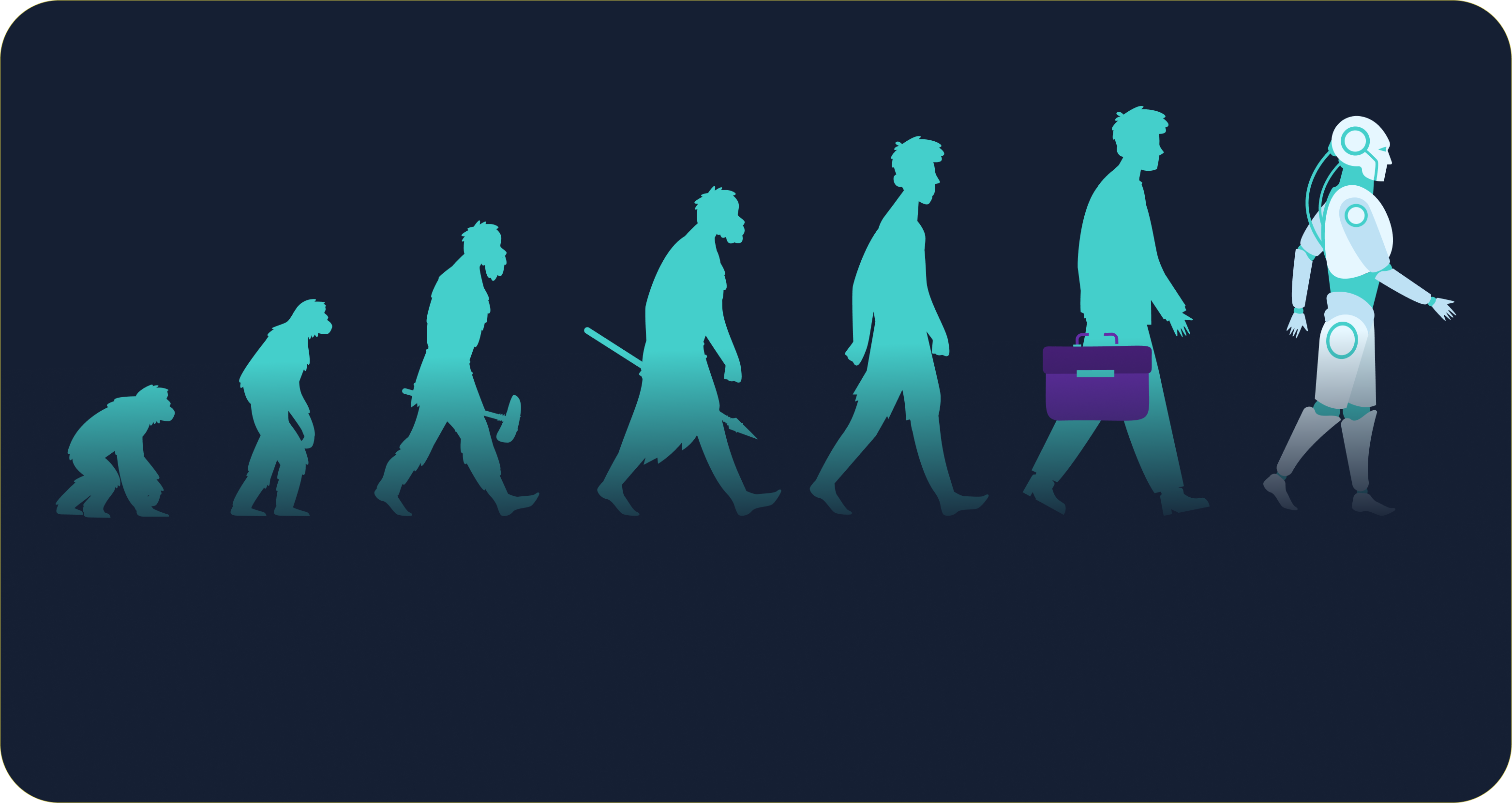A problem worth solving together
Today’s economic outlook calls for hope — here’s why
Leave it to me to talk about my feelings, but I think these feelings are ones that most people in the United States can relate to.
I’m angry that more than half of our country lives paycheck to paycheck. I’m horrified that child poverty in America has doubled from 2021 to 2022. I’m upset that there is a growing number of U.S. citizens — approximately 40 million — who fall under the poverty line. I’m shocked that some of the wealthiest among us are making bets on the failure of our stock market while average Americans are struggling to make ends meet.
The current credit system is crushing vast segments of our nation and their ability to make better lives for themselves and their families. We are in desperate times, but I don’t think, as the saying normally goes, that these times call for desperate measures. As Michelle Obama once astutely put it, “Fear is not a proper motivator. Hope wins out.”
Hope is the thing.
We have hope in a future where our family, friends, and neighbors have access to every opportunity they choose to follow. Where a better, richer, and fuller life is something that anyone in the United States can achieve and one day leave behind for their loved ones to take up. We have hope that we will do better, because a majority of us don’t want better for ourselves, but better for those around us.
Financial inequity is a problem worth solving. Let’s talk about how.
Technology can help us begin building bridges across our country’s opportunity gap
I think it’s well known that I like to joke about the Zest Time Machine and how we tested our technology against the economic turbulence of the time during the Great Recession. We found that our AI underwriting technology would have predicted risk of delinquency 34 percent more accurately than one of the industry scores that existed back in 2008. It’s reported that credit cards from late 2007 to mid-2009 saw delinquencies of $144 billion, and charge-offs reached $40 billion. Enter Zest AI’s technology. Credit card delinquencies for that time period would have dropped by almost $50 billion, and our technology would have saved $14 billion in charge-offs.
But 2008 was fifteen years ago, so it’s understandable that it doesn’t quite translate into what we face today. So let’s talk about 2022.
In 2022, the overall credit card balance was $910 billion, and there were over 525 million credit card accounts in the U.S. Let’s hypothesize like we did for 2008 and say that every lender in the country used Zest AI’s technology for their loan decisions in 2022. With that assumption in mind, over 64 million more people could have received a loan, and we would have seen over a total $1.9 trillion lift in loans.
Where does financial equity fit into all of this? It goes back to 2009 when Zest AI created a mission to bring fair and transparent credit to all, or to 2022, when we released the Zest Race Predictor’s code to the public to help reduce race and ethnicity misclassification in lending. We build our technology with purpose, and our ability to increase loan approvals is guided by our technology’s capability to increase approvals for individuals classified as protected class by 40 percent.
There is a way forward, and that way is together
The current economic times don’t care which political party you vote for, where you shop, what faith you hold, how nice of a car you have, who you love, or how successful you think you are. You don’t have to have a lot of knowledge on the history of credit scores in the U.S. or about AI for credit decisioning to recognize that a majority of our neighbors and those in our communities have been struggling with the weight of a credit system that is far from fair or accessible.
The way to enable a better, richer, and fuller life for all is by believing we can do it together. We have to ask more of ourselves, our leaders, and our nation. We have to invest in ideas and visions that are built with the purpose of bringing about a collective good. We have to ask our leaders to promote governance that both protects people and encourages innovation. And our nation has to believe in that hope for the future.
There’s a future where everyone in the United States has access to the American Dream. We simply need the courage to take the first step and enable financial equity for all.
____________________________________
Mike de Vere — Chief Executive Officer, Zest AI
As CEO at Zest AI, Mike has made it the company’s mission to leverage AI in consumer credit underwriting to build financial equity and create a better, richer, and fuller life for all.

